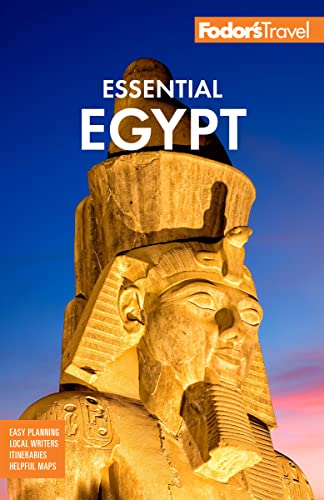Café Culture
The ahwa (coffee shop) is where Egyptian males traditionally go to get their caffeine fix. Part café, part social club, it is an institution tracing back hundreds of years.
A traditionally all-male preserve, the ahwa is an unpretentious place to while away the hours meeting friends, playing backgammon, or smoking shisha (the Egyptian water pipe). The tea and coffee drinking seem almost incidental. Egyptian ahwas can take many forms, from a cluttered hovel at the back of an alley to a spacious salon bathed in faded grandeur. All, however, share three basic ingredients: a drinks counter, a brazier of hot coals for the water pipes that line the walls, and small tin or wood tables that fill the indoor space or spill outside onto the pavement. While Alexandria’s European-style cafés and patisseries exude a sense of sophistication, ahwas are unabashedly proletariat. They are animated yet restful cafés frequented mostly by older men sipping tea and puffing shisha over the sound of chatter, slapping dominoes, and Umm Kulthoum’s haunting voice.
Blend with the Locals
Tea (shai in Arabic) ordered in coffeehouses is typically served koshary-style, that is, with the dregs. Ask for shai libton if you prefer the tea-bag variety. Either way, you’ll be asked how sweet you want it. The four options are: saada (without sugar), al-reeha (lightly sweetened), mazbout (medium sweet), or ziyada (syrupy).
Café Beverages
Tea
The gunpowder tea served in most cafés is not known for its subtle flavor. Egyptians drink it as strong and sweet as possible, avoiding the dregs at the bottom of the glass. Tea bags have caught on in upmarket cafés and may be offered first to foreigners. You can also request tea with milk (shai bi laban) or mint (shai bi nanaa)—the latter usually yielding a small glass of fresh-cut sprigs.
Coffee
Thick ahwa turki (Turkish coffee) is brewed using the same Yemeni beans Egyptians have been importing since the Ottoman era. Finer establishments add cardamom to the blend. It is served in small glasses or cups, allowing the grounds to settle before drinking. Filtered coffee is served in some hotels, and espresso bars are becomingly increasingly popular in the cities.
Herbal Drinks
Karkaday, a bright red infusion made from boiled hibiscus flowers, has been popular since the days of the pharaohs. It’s usually served chilled with ice and comes packed with vitamin C. Helba is a yellow fenugreek tea said to reduce fever and ease congestion. Yansoon, an anise drink, has a medicinal taste but is purported to aid digestion. You can also ask for irfa (cinnamon) or ganzabeel (ginger) tea, both of which can be served bi-laban (with milk).
Soft Drinks
Ask for hagga sa’a (literally “something cold”). Common offerings include kakola (Coke), bibs (Pepsi), and seven (7 Up). It’s not likely you’ll find beer, but you often come across Birell, a locally produced nonalcoholic malt beverage.
Lemon Juice
Cafés pride themselves on being able to make a perfect aseer laymoun (lemon juice). Done right, it should be creamy, not too tart, not too sweet. Many stumble on the latter, so consider asking for it sukkar aleel (lightly sweetened).
Chickpea Cocktail
On chilly nights ask for hummus al-sham, a tummy-warming concoction of slow-cooked chickpeas, tomato sauce, lemon, and chili served in a tall glass. Eat the chickpeas and drink the soup.
Milk Drinks
Unflavored zabadi (yogurt drink) is surprisingly good, made better perhaps by requesting it bil-asal (with honey). Rayeb, however, is soured milk and something of an acquired taste.
Sahleb
In winter, warm up with a hot glass of sahleb, a thick, creamy drink made from orchid root with milk, cinnamon, coconut flakes, raisins, and nuts. Every café has its own recipe.




